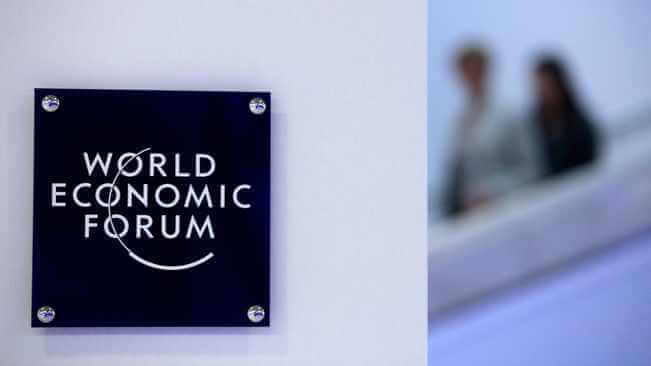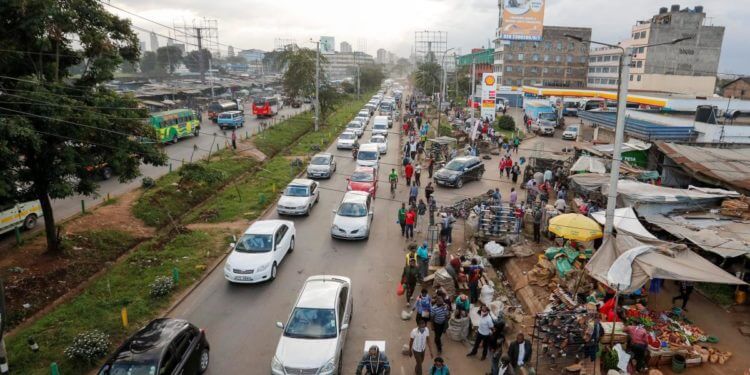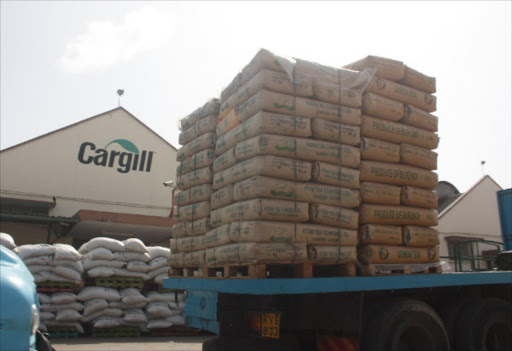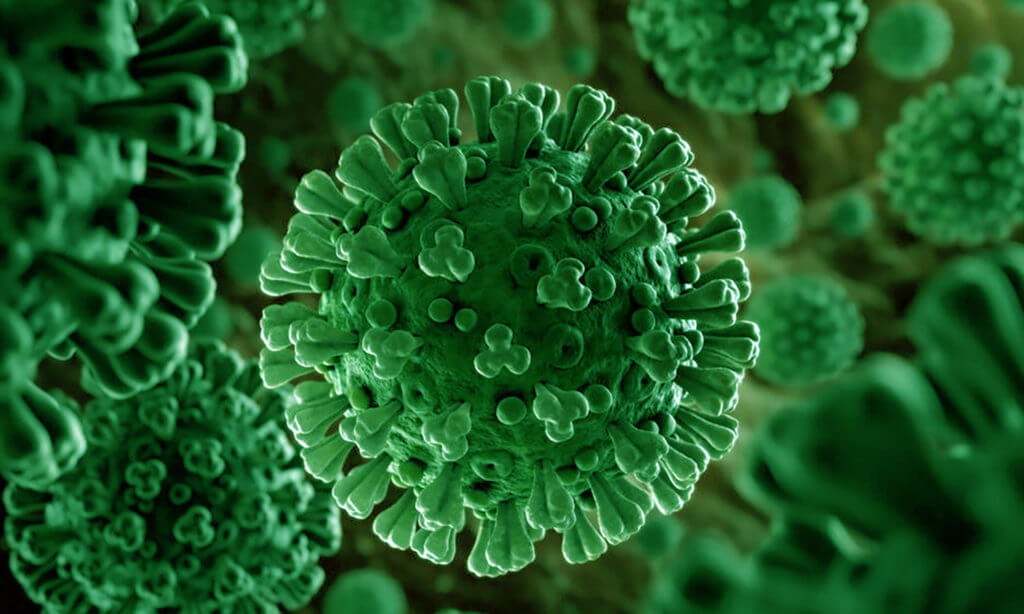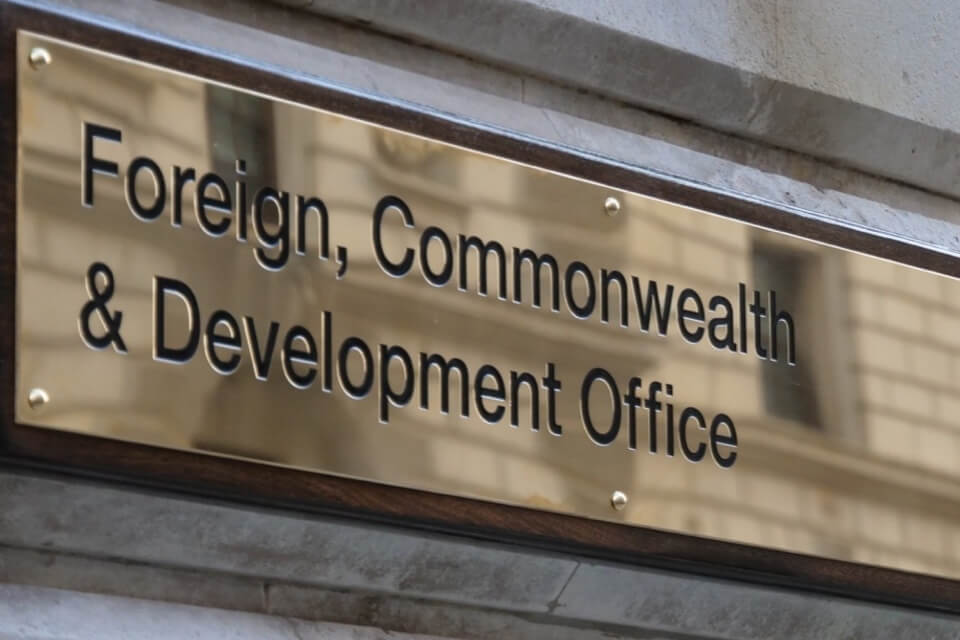The African Continental Free Trade Area (AfCFTA), which implementation phase took effect from January 1, this year, has the potential to build Africa’s capacity to manufacture, change the narrative of the continent’s economy and give Africa a stronger voice and positioning in the global economy. Making this known in Lagos, President of Manufacturers Association of Nigeria (MAN), Mansur Ahmed, expressed confidence that there would be a tremendous opportunity for growth and development for every one if the countries were willing to to make it a success. Ahmed, who spoke at this year’s ‘MAN Reporter of the Year Award/Presidential Media Luncheon at MAN House, Ikeja, Lagos, commended the Federal Government for its decision to re-open the land borders for ease of trade engagements, particularly under the implementation phase of the AfCFTA. Trading under the long–awaited AfCFTA finally began on January 1, this year, marking a very important milestone for African trade. The free trade agreement creates a single continental market for goods and services, with the aim of increasing intra-African trade by reducing tariffs by 90 per cent and harmonising trading rules at a continental level. The AfCFTA has the potential to increase intra-African trade by 52.3 per cent by 2022, but this, according to Ahmed, could not come without challenges, one of which is the issue dumping. “The dumping issue frankly is a matter of political will. Do our governments and political leaders have the political will to agree on those things that we have to do?,” he asked. The...
‘AfCFTA has potential to build manufacturing capacity’
Posted on: February 1, 2021
Posted on: February 1, 2021


